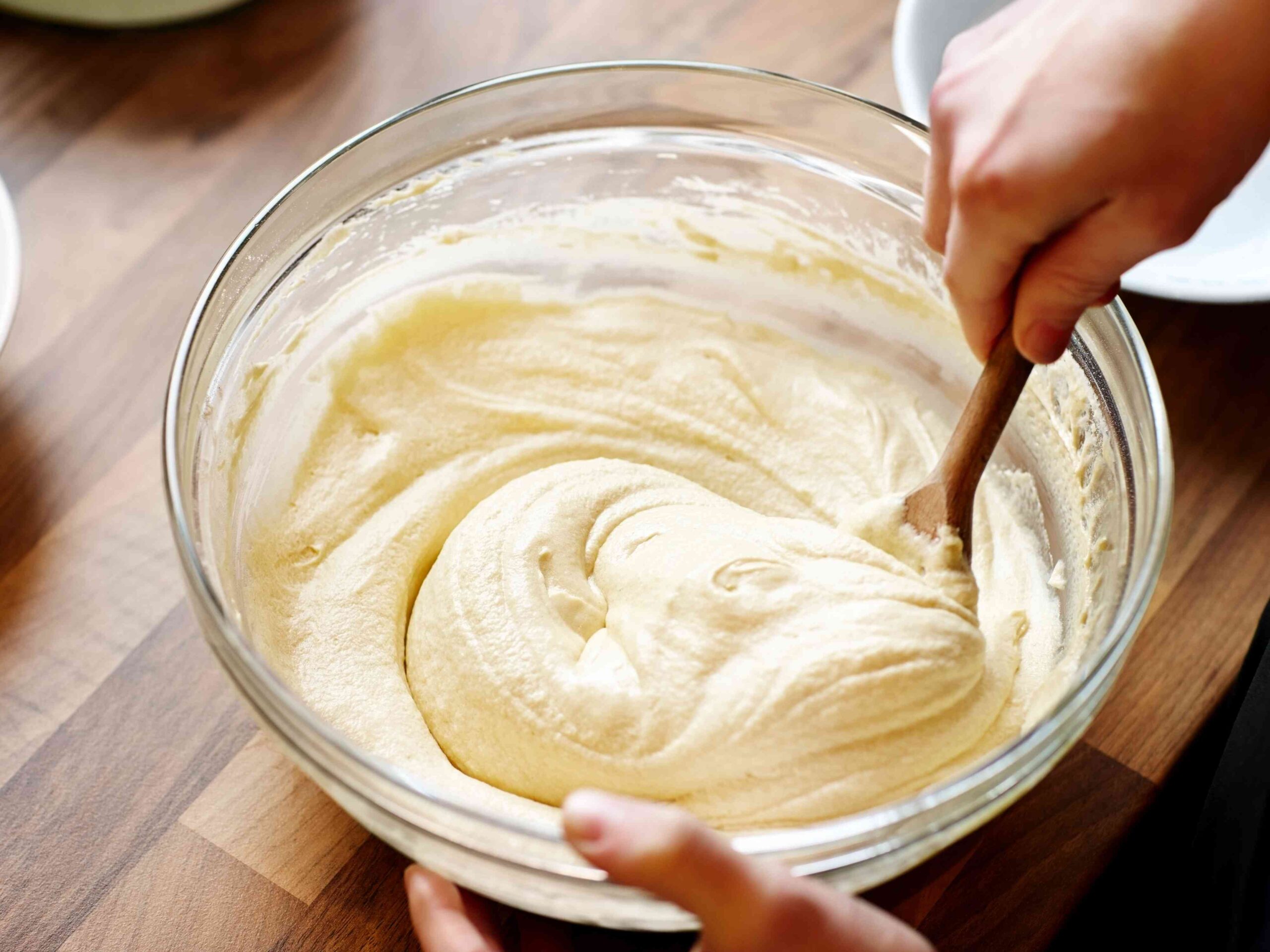- Getting sufficient sleep is among the prime methods to help wholesome blood stress.
- Poor sleep length, high quality and regularity are all linked with an elevated threat of hypertension.
- Stick to a daily bedtime, and restrict display screen time, alcohol, caffeine and nicotine to help higher sleep.
Nearly 50% of Americans have hypertension, but solely 1 / 4 have it beneath management. Known because the “silent killer,” hypertension typically exhibits no signs however will increase the danger of coronary heart illness, coronary heart failure, stroke and different persistent circumstances.
If you’re on a quest to enhance your numbers however weight-reduction plan and train don’t appear to be doing the trick, your sleep habits might have some consideration. “Sleep helps control blood pressure by balancing hormones, nerves and the way blood vessels work. When you don’t sleep well, your blood pressure can stay high at night and during the day,” explains David C. M. Corteville, M.D., FACC, CPE.
In 2022, the American Heart Association up to date its cardiovascular well being guidelines—known as Life’s Essential 8—to incorporate sleep, underscoring simply how essential sleep is for coronary heart well being. Keep studying to find how higher sleep can decrease your threat of hypertension and assist handle identified hypertension, and be taught cardiologist-recommended methods for a superb evening’s sleep.
How Sleep Affects Blood Pressure
Sleep length—the variety of hours you sleep—typically will get all the eye, nevertheless it’s solely a part of the equation. “Different sleep variables, like how long you sleep, how well you sleep and how regular your sleep schedule is, can all affect your risk for high blood pressure, and each one matters in its own way,” says David Rizik, M.D. Here’s a better take a look at how every of those three sleep components can have an effect on your threat.
Sleep Duration
Both too little and an excessive amount of sleep can elevate your threat for hypertension, says Rizik. The candy spot? Around seven to 9 hours per evening for adults. “Regularly getting less than seven hours, or more than nine, has been linked to a higher risk of developing high blood pressure over time.”
For occasion, a meta-analysis of 16 research together with over 1 million contributors discovered that sleeping lower than seven hours per evening raised the danger of hypertension by 7%, whereas sleeping lower than 5 hours elevated the danger to 11% The relationship between lengthy sleep and hypertension is much less clear—some research present an elevated threat, whereas others discover no relationship. Therefore, extra analysis is required.
Sleep Quality
Spending seven to 9 hours in mattress doesn’t mechanically imply it was restorative. “Poor sleep quality—like tossing, turning or waking up a lot—is strongly linked to higher blood pressure and a greater risk of developing hypertension, even if you’re technically in bed long enough,” explains Rizik.
In one examine of 33,000 adults, those that rated their sleep high quality as “fairly bad” had a 22% larger threat of hypertension, whereas contributors with “very bad” sleep high quality had a 48% larger threat in contrast with those that reported high-quality sleep.
Sleep Regularity
When you sleep could also be simply as essential as how a lot you sleep. “People whose sleep patterns vary a lot are much more likely to develop hypertension than those with a more regular routine,” says Rizik.
The results of irregular sleep can seem surprisingly rapidly. One examine of 1,600 older adults discovered that only one week of sleep irregularity led to elevated blood stress—even in adults with out hypertension. Over the long run, the affect is even better. A nine-month examine of greater than 12,000 adults confirmed that a median variation of 34 minutes in bedtime elevated the danger of hypertension by as much as 32%. In reality, the researchers famous that sleep irregularity raised hypertension threat no matter whole sleep length or the time they went to mattress, suggesting that consistency itself is a key issue.
Your physique’s circadian rhythm—an inner 24-hour clock—helps regulate blood stress. Disrupting it with irregular sleep can throw off your nervous system, putting your cardiovascular system beneath persistent stress.
Sleep Apnea and Blood Pressure Risk
If you may have obstructive sleep apnea, there’s a powerful probability you even have hypertension—as much as 50% of individuals with OSA even have hypertension, and vice versa.
“Sleep apnea is a common condition where breathing stops and starts many times during sleep,” says Corteville. He explains that these drops in oxygen put stress on the center and blood vessels, rising the danger of hypertension, particularly at evening.
OSA is particularly widespread in folks with resistant hypertension—blood stress that is still excessive even with medicine or different therapies. Corteville recommends discussing screening, testing and remedy along with your well being care supplier you probably have hypertension or suspect you could have OSA. Treatment choices, comparable to CPAP machines or implantable units, may help maintain your airway open, enhance oxygen ranges and scale back stress in your coronary heart and blood vessels to help wholesome blood stress.
How to Get Better Sleep
Improving your sleep doesn’t must imply a lifetime overhaul. Small, constant adjustments could make an enormous distinction in your general sleep high quality and blood stress administration. Here’s what the specialists suggest:
- Stick to a Consistent Bedtime. “Go to bed and wake up at the same time every day, even on weekends,” advises Rizik. “This helps your body’s clock stay regular, which is linked to healthier blood pressure.”
- Adjust Your Environment. For the perfect sleep, make your bed room darkish, quiet and funky. Rizik suggests making an attempt blackout curtains or a white noise machine if wanted to dam out disruptive gentle and sound.
- Limit Screens Before Bed. “The blue light from phones, tablets and TVs can mess with your body’s signal to get sleepy,” explains Rizik. Turn off screens no less than 30 to 60 minutes earlier than bedtime to permit your physique to naturally put together for sleep.
- Create a Calming Bedtime Routine. “Build a relaxing routine, like reading, gentle stretching or calm music,” suggests Rizik. “Stress can keep you awake, so anything that helps you relax can help your sleep.” Deep-breathing workout routines can even assist calm your nervous system.
- Choose Late-Night Snacks Wisely. “Avoid big meals, caffeine and alcohol close to bedtime,” Rizik warns. “All of these can interfere with sleep quality.”
- Avoid Smoking. While avoiding smoking altogether is essential for coronary heart well being, Corteville notes that smoking earlier than bedtime can disrupt sleep, as nicotine could make it more durable to fall and keep asleep.
- Spend Time Outside During the Day. “Sunlight during the day helps set your body’s internal clock, making it easier to fall asleep at night,” notes Rizik. Try to spend time outside, particularly within the morning. Light remedy containers might also be useful on cloudy days or through the winter months.
Our Expert Take
Sleep is a strong device for decreasing your threat of hypertension and managing current hypertension. Consistent, high-quality sleep offers your cardiovascular system important time to relaxation and recuperate every evening. To enhance your sleep, begin with small adjustments: create a calming sleep surroundings, restrict screens earlier than mattress, get daylight publicity and restrict caffeine and alcohol. If you think an underlying situation like sleep apnea is affecting your sleep, speak to your well being care supplier about testing and remedy choices.





